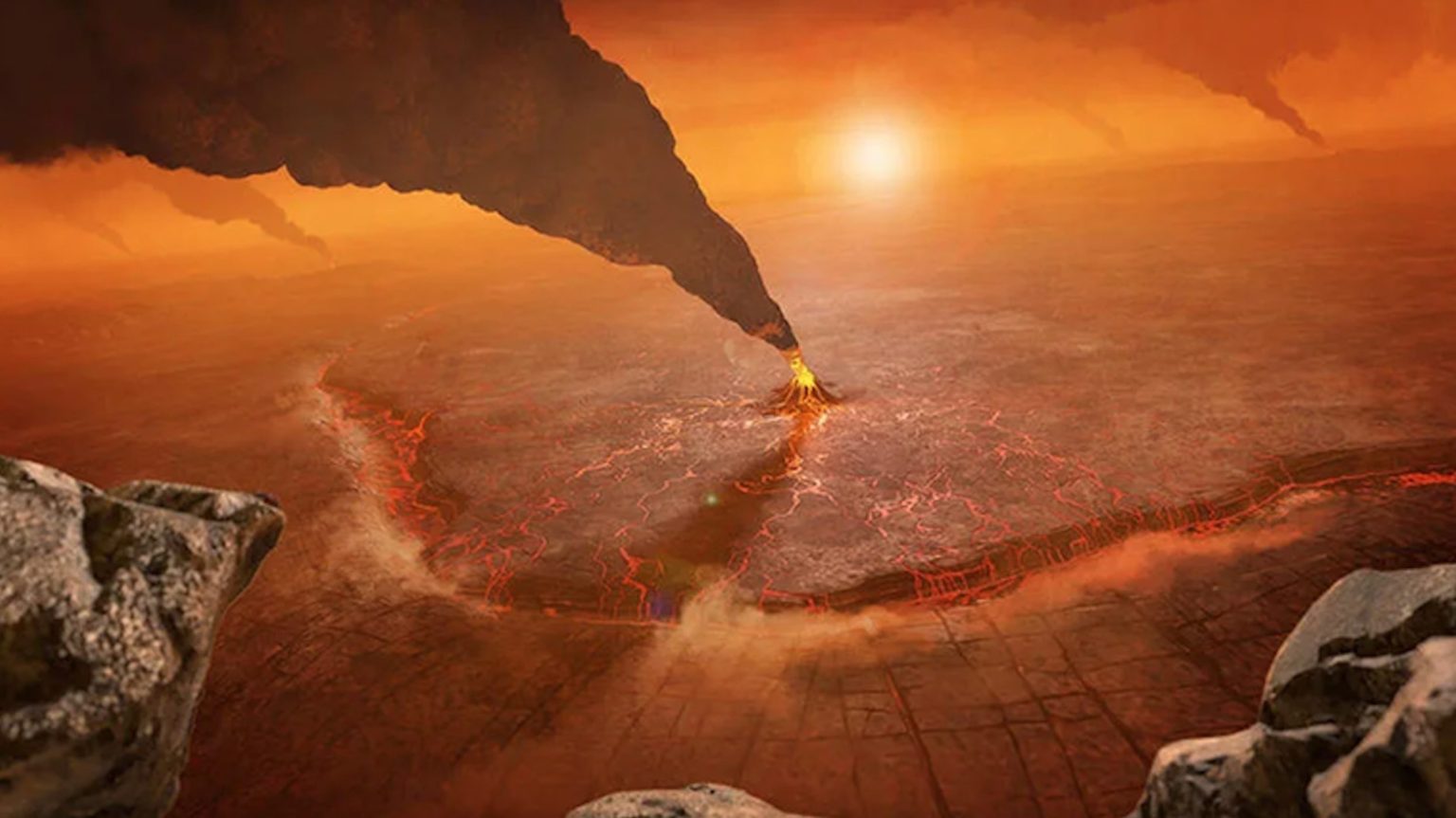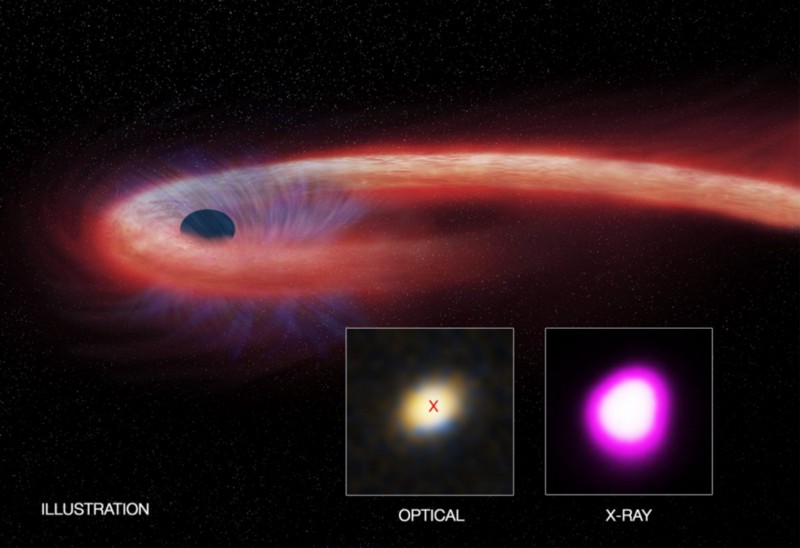Search Results
You searched for: Mark Walsh
Despite the enormous flood of recent reports, there’s no good evidence for a lab leak. At the very end of 2019, a new disease began to emerge in humans: COVID-19. Originally […]
She’s not a scientist, an expert, or even an adult. But she’s got one good lesson to teach us all. Like most people on Earth, Greta Thunberg is not a climate […]
No matter how long you wait, the matter that makes you probably won’t end up inside a black hole. It’s one of the most pervasive ideas out there: if you wait […]
Beyond the oceans boiling and the death of our Sun, Earth’s ultimate fate won’t be determined until far in the distant future. It took the Universe 13.8 billion years to create […]
An entire Universe of possibilities await stars like our own, even after they run out of fuel. One of the most profound rules in all the Universe is that nothing lasts […]
Looks like the inner planets formed *after* the gas giants moved to their current position, and Jupiter ejected a fifth giant, too! “The stars look the same from night to […]
A musical map of Minneapolis celebrates the resurrection of The Replacements.
Can failed stars, or stellar corpses, give light to the Universe once again? “A single tiny light creates a space where darkness cannot exist. The light vanquishes the darkness. Try […]
On February 8, 1915, at Clune’s Auditorium in Los Angeles, California, D. W. Griffith’s Birth of a Nation premiered. The fledgling art form of film would never be the same, especially in America, which even half a century after the end of the Civil War struggled to come to terms with race. Now, a century after Birth of a Nation’s premier, America still struggles not only with race, but also with how race plays out on the silver screen. For good and ill, Birth of a Nation marks the beginning of the first 100 years of the American Cinema—epically beautiful, yet often racially ugly.
Following the AAAS meetings in February, I had this to say about the future of science and environmental journalism: The future will be online, in film, and/or multi-media, merging reporting […]
This is an interpretation of Niccolo Machivelli’s 1517 imcomplete poem L’Asino. The so-called cynic cold-blooded advisor of evil shows a ‘parenthetical’ aestheticism in his perception of friendship. Friedrich Nietzsche, one of the great prospects of aesthetic politics comes to be a useful tool for the interpretation of Machiavelli’s ‘poetic therapy’.








